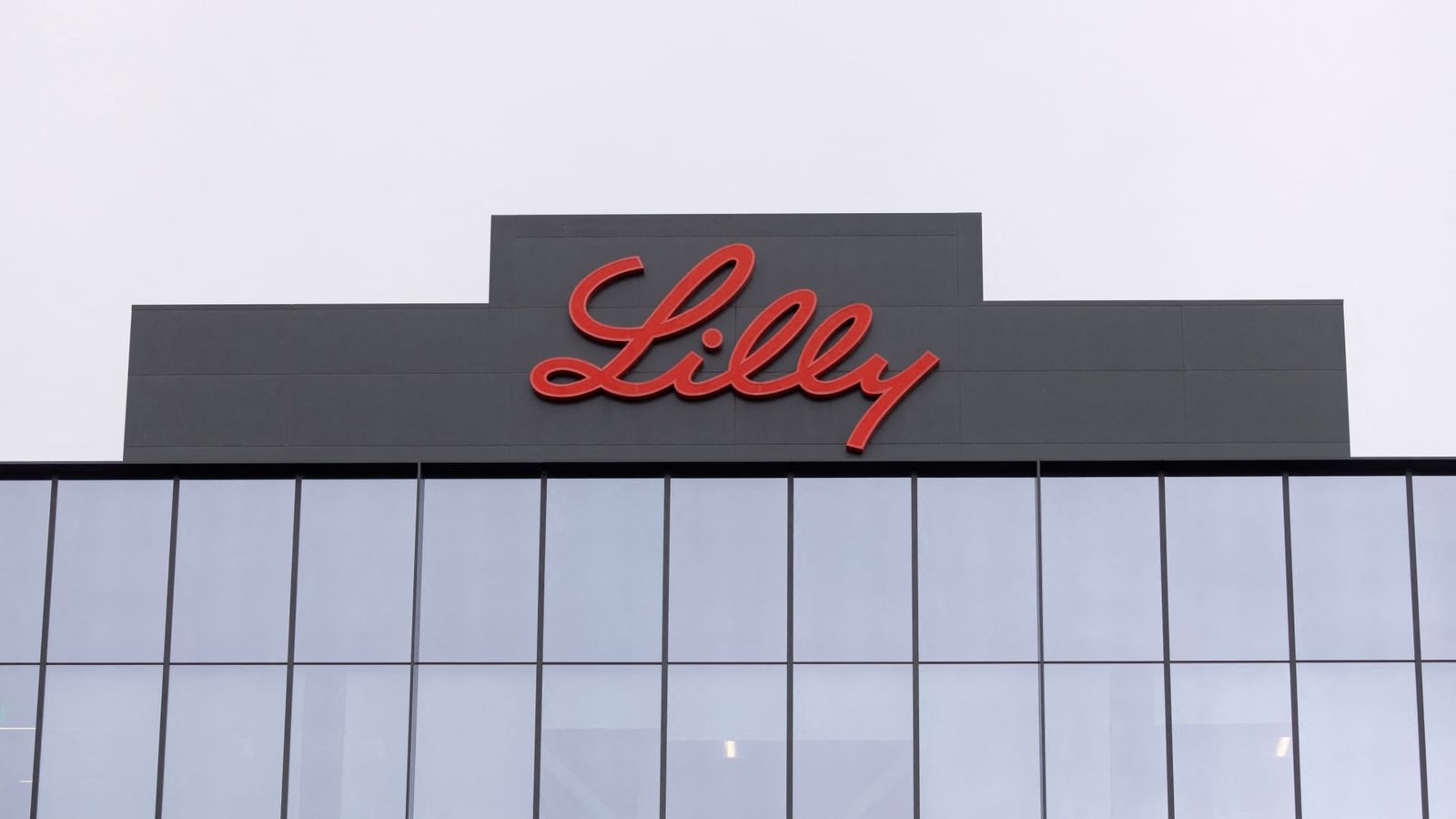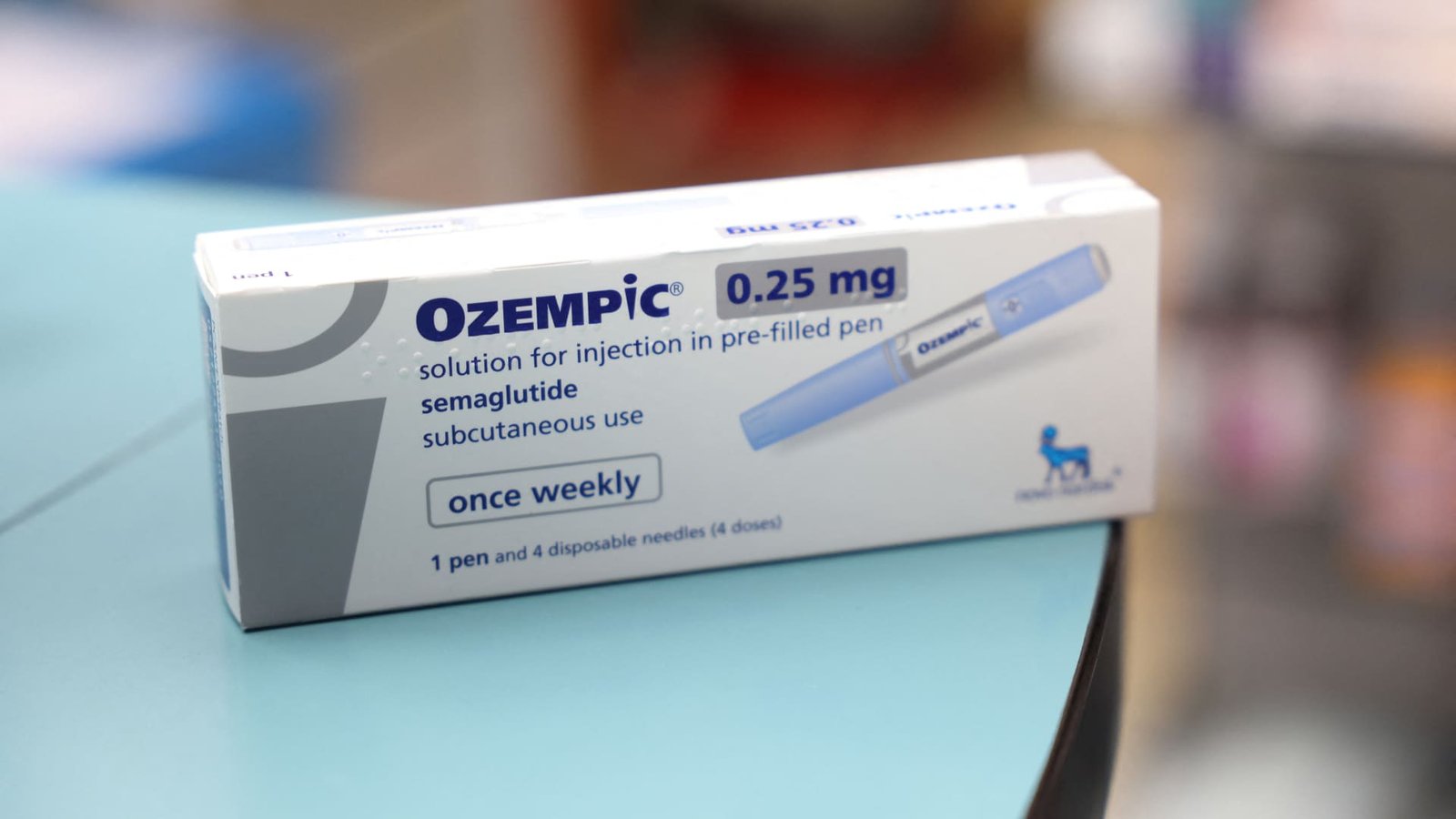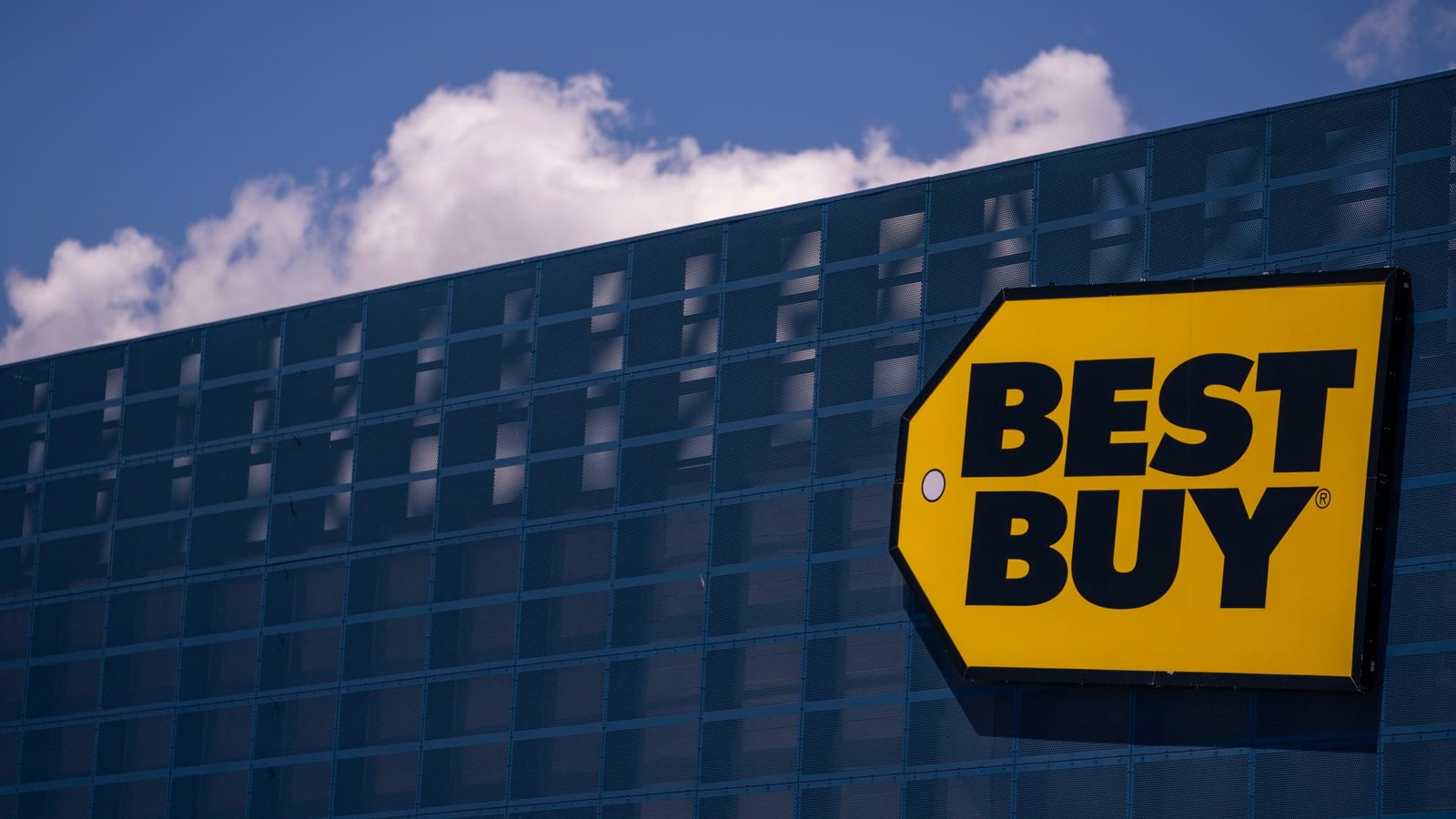In this article, Eli Lilly fell short of profit and revenue expectations for the third quarter due to disappointing sales of its weight loss drug Zepbound and diabetes treatment Mounjaro. As a result, the company reduced its full-year adjusted profit guidance. The stock of Eli Lilly closed more than 6% lower on Wednesday. The company now anticipates full-year adjusted earnings between $13.02 and $13.52 per share, down from the previous guidance of $16.10 to $16.60 per share. This adjustment was attributed to a $2.8 billion charge related to its acquisition of Morphic Holding, a bowel disease drugmaker.
Additionally, Eli Lilly revised its revenue outlook for the year, expecting sales between $45.4 billion and $46 billion, lower than the previous projection of up to $46.6 billion. In the third quarter, Zepbound generated $1.26 billion in sales, falling short of analysts’ expectations of $1.76 billion. Mounjaro recorded $3.11 billion in revenue, surpassing the previous year’s figure but below the anticipated $3.77 billion.
Eli Lilly CEO David Ricks mentioned that the performance of Zepbound and Mounjaro in the third quarter was not due to supply issues but rather inventory decreases among wholesalers. The company experienced increased inventory in the second quarter, leading to reduced purchases in the third quarter. Despite this, the demand for both treatments remains strong in the U.S.
The company’s supply challenges are expected to improve, with the FDA confirming the availability of Zepbound and Mounjaro in the U.S. after extended shortages. Eli Lilly plans to enhance manufacturing capacity for incretin drugs, aiming for a 50% increase in production by the second half of 2024. The company also intends to expand manufacturing capacity further by the end of 2025.
For the third quarter, Eli Lilly reported a net income of $970.3 million, or $1.07 per share, compared to a net loss in the same period last year. Excluding one-time items, the company posted earnings of $1.18 per share. Revenue increased by 20% year over year to $11.44 billion.
The FDA’s decision to remove tirzepatide from its shortage list has faced opposition from compounding pharmacies that produce alternative versions of Eli Lilly’s drugs. Eli Lilly supports the FDA’s stance that Zepbound and Mounjaro are no longer in shortage and emphasizes the safety and efficacy of their branded drugs over compounded versions.




